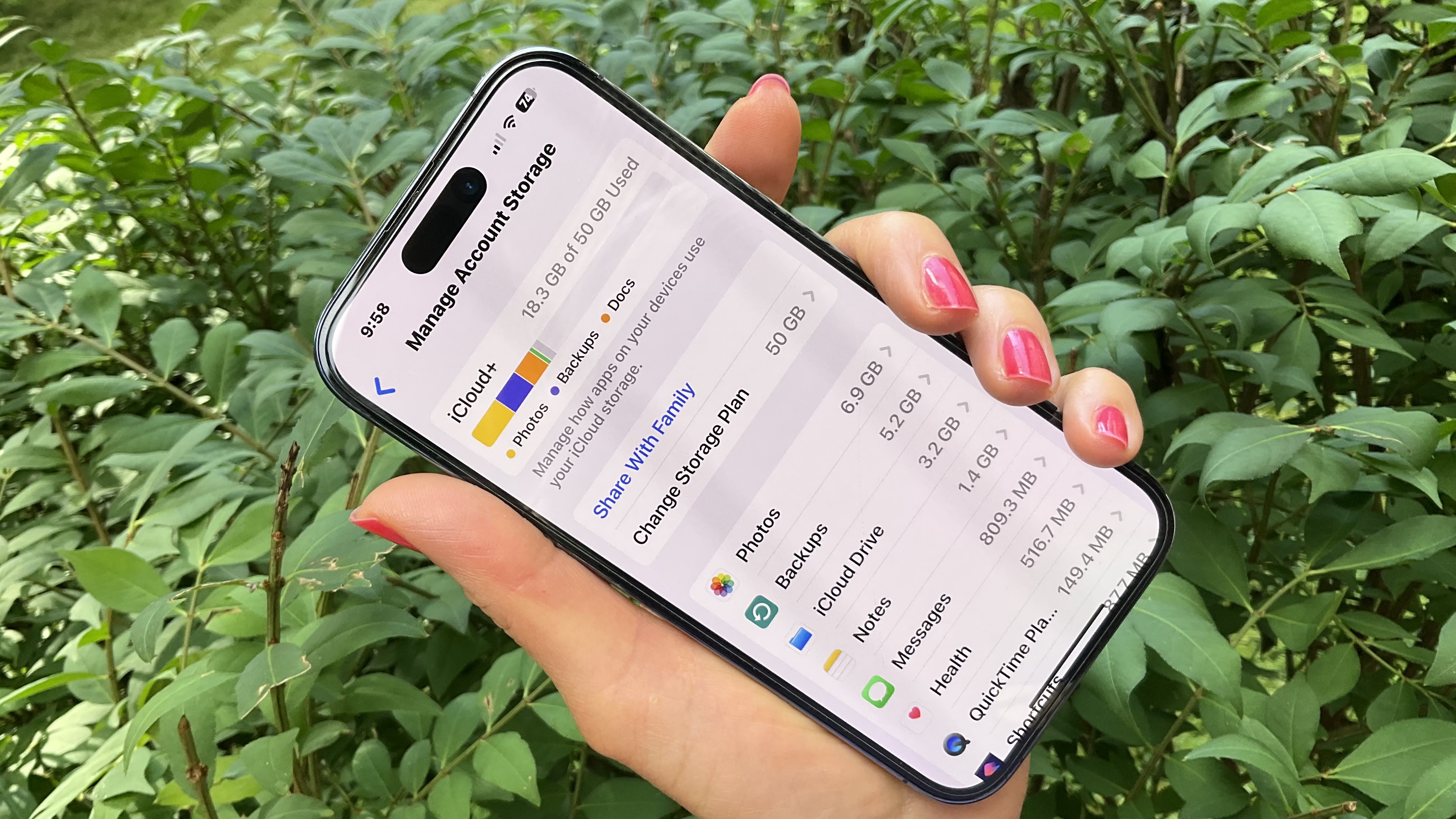
When Apple announced iCloud way back in 2011, Steve Jobs was the man who took to the stage to share the news. He said that Apple would give every iPhone owner 5GB of free storage for mail, documents, and backing up data. Today, Apple offers that same free 5GB of iCloud storage, a figure that simply isn't big enough for anyone to use without paying for additional space — a fact that could be enough to see the company face a class-action lawsuit.
The lawsuit argues that while Apple offers 5GB of free storage, "as Apple’s iCloud revenues attest, most users find this insufficient for their storage needs and purchase a supplemental iCloud storage plan.” What's more, it argues that while some data can be backed up by third-party services from the likes of Microsoft and Google, some key data cannot. That data includes iPhone configuration files which means that doing a full iPhone backup requires iCloud, hence the issue at hand.
The lawsuit, which was filed in the US District Court for the Northern District of California, doesn't currently have class action status, but it might only be a matter of time. It requests such a status and would include users who bought iCloud plans and were overcharged as a result of the lack of competition.
Restricted files
The matter of which files can be backed up to alternative services is a key one, with the lawsuit saying that the 5GB of iCloud storage simply isn't enough to store everything that cannot be backed up elsewhere, reports Bloomberg Law.
"While competing cloud providers can access and host certain iPhone and iPad data (e.g., photos and videos), Apple arbitrarily sequesters a set of files (mainly app data and device settings) and denies all but iCloud permissions to host them," the lawsuit explains. "These sequestered files—hereafter “Restricted Files”—are significant because they include data needed to restore a device when it is replaced. But from a technological and security standpoint, these files are no different from all other data that accumulates on Apple’s mobile devices. The storage infrastructure required to host all file types is the same."
The lawsuit goes on to use Samsung as an example, adding that it allows the backing up of data using services other than Samsung Drive. Apple, however, limits backups to iCloud.
Meanwhile, the lawsuit says, iCloud represents "almost pure profit" as a result of the lack of competition.
"In other words, undisciplined by competition, Apple has marked up its iCloud prices to the point where the service is generating almost pure profit," the lawsuit argues. "Apple’s ability to sustain these prices is a testament to its monopoly power."
Hagens Berman Sobol Shapiro LLP represents lead plaintiff Julianna Felix Gamboa and the proposed class, with a jury trial having also been requested. If class action status is granted there is a potential for tens of millions of members across two pools of people; a California subclass and a wider nationwide class of those who bought iCloud storage at prices said to have been artificially inflated by a lack of competitive forces.
Apple's iCloud prices beyond the free 5GB currently cost $0.99 per month for 50GB, $2.99 per month for 200GB, and $9.99 per month for 2TB of storage. Additional storage is also available as part of the Apple One subscription bundle, too. Each iCloud Plus plan — including additional storage — also offers iCloud Private Relay, Hide My Email, Custom Domain, and HomeKit Secure Video support.







